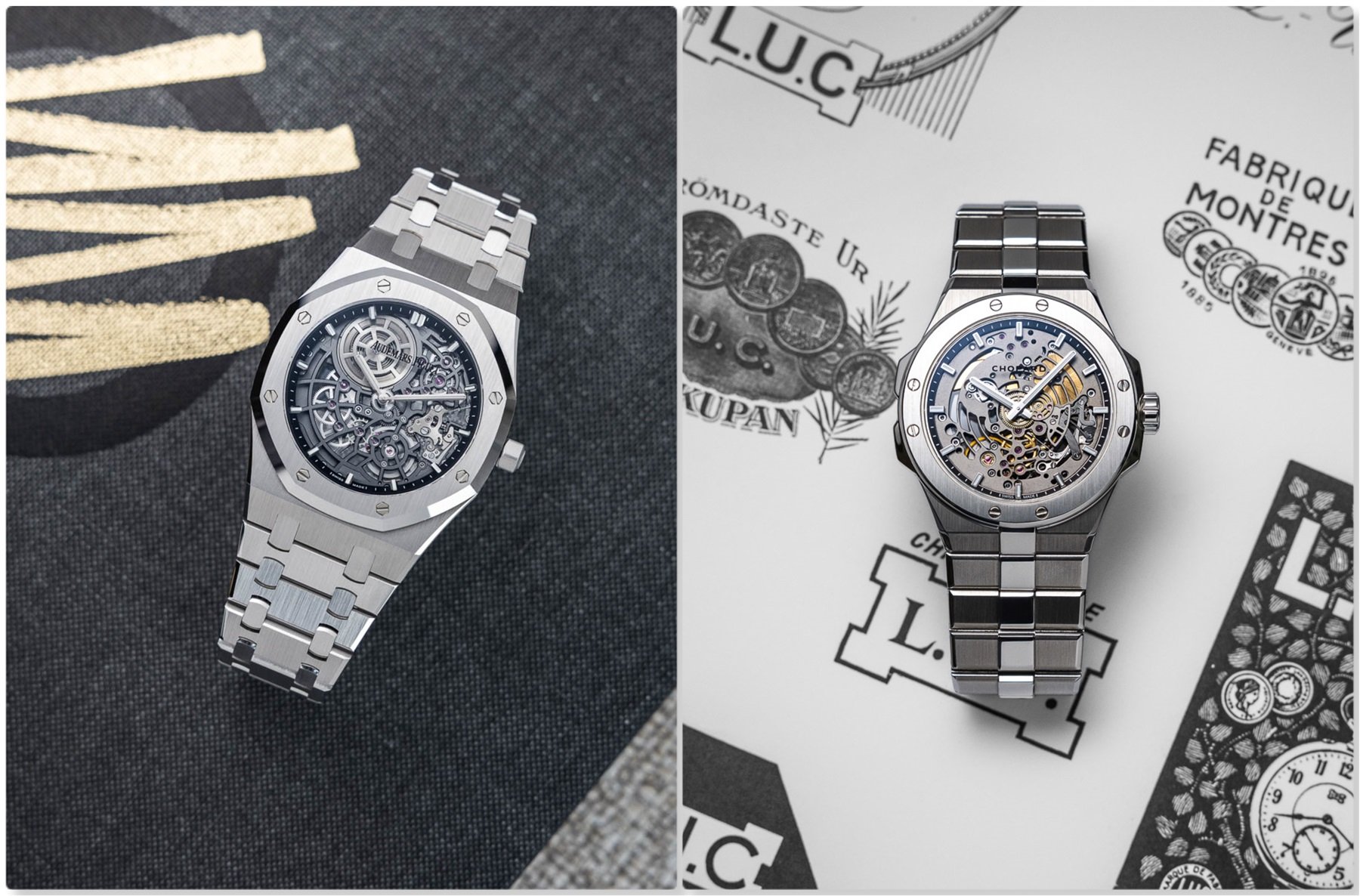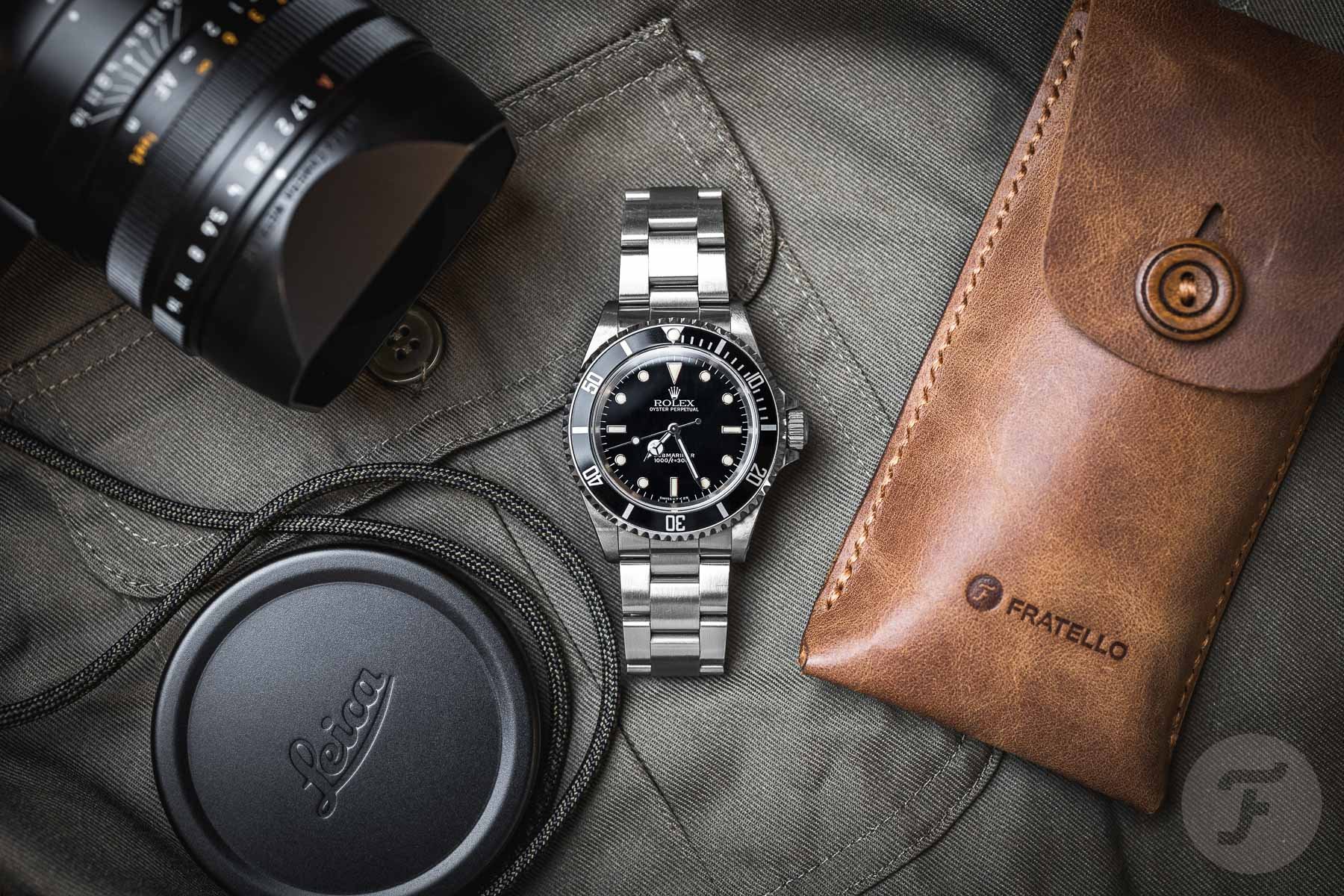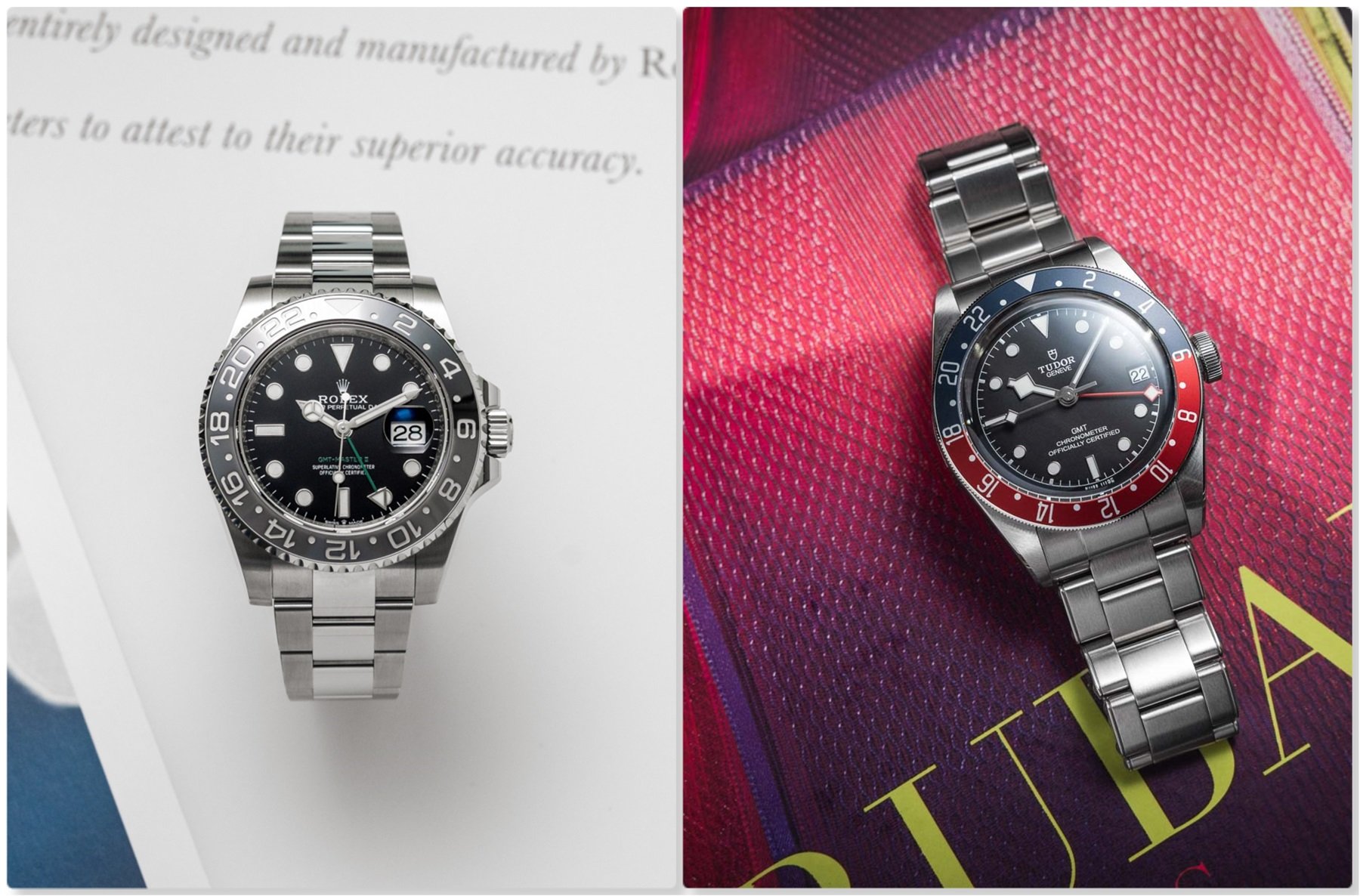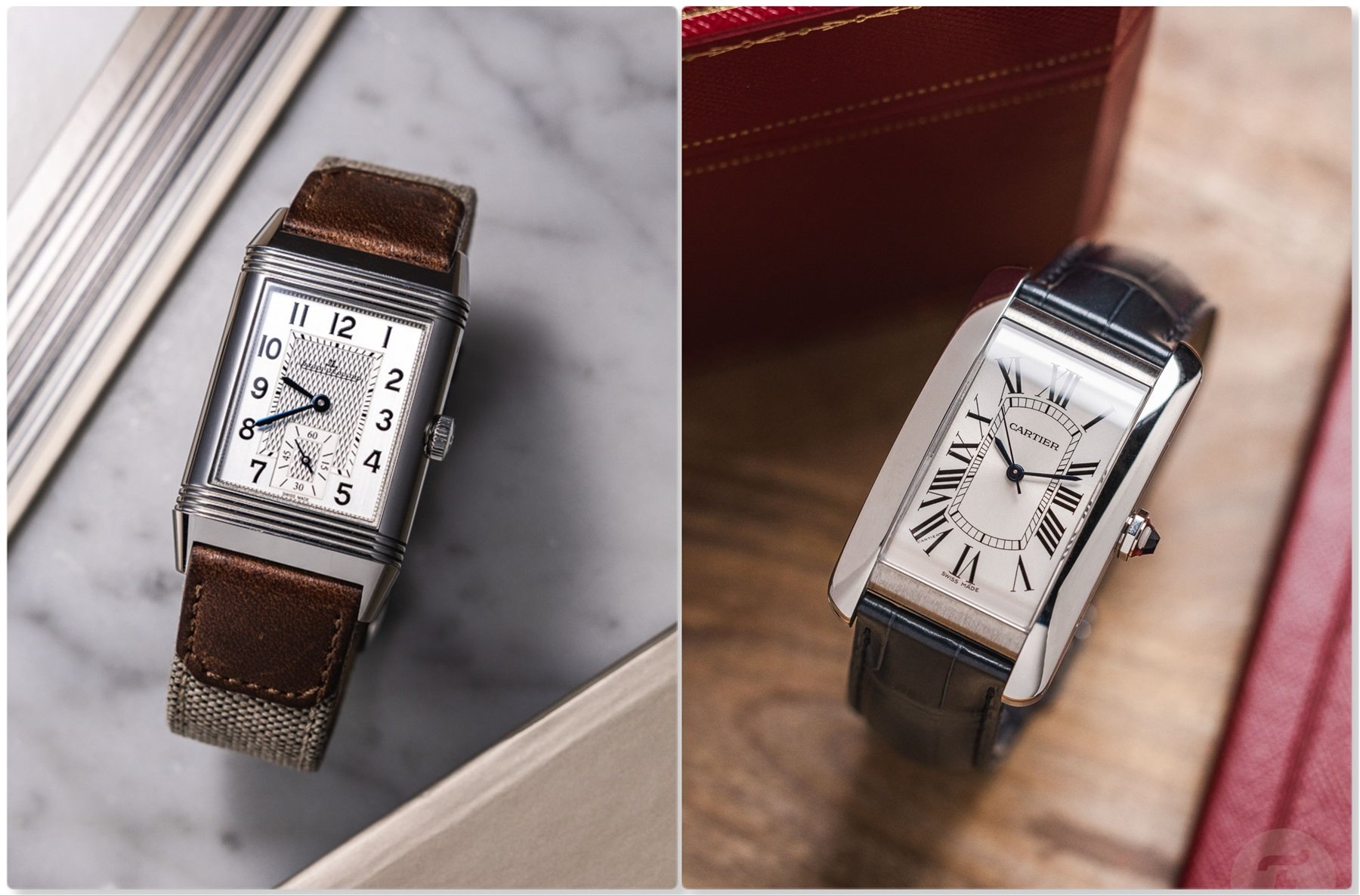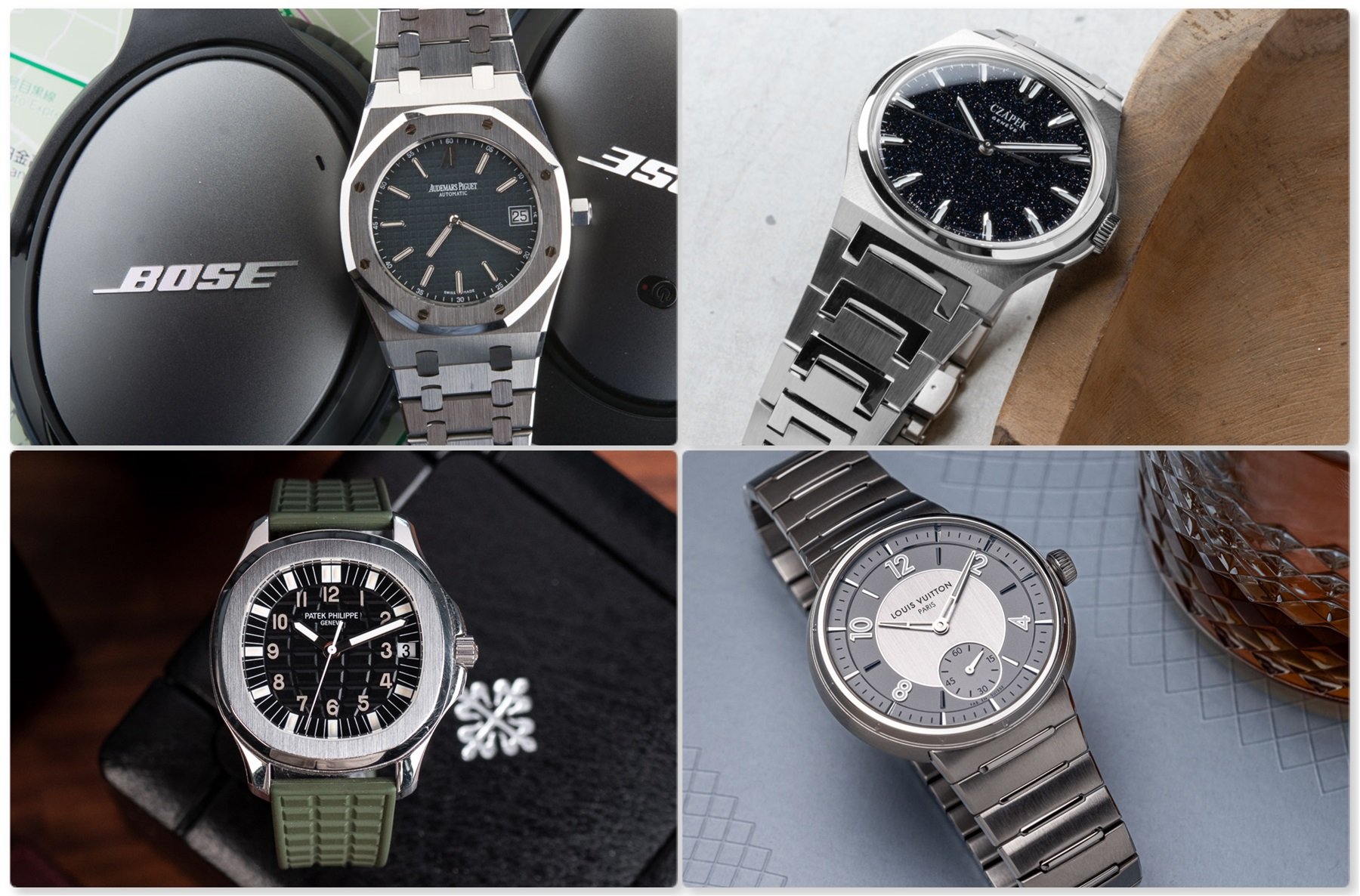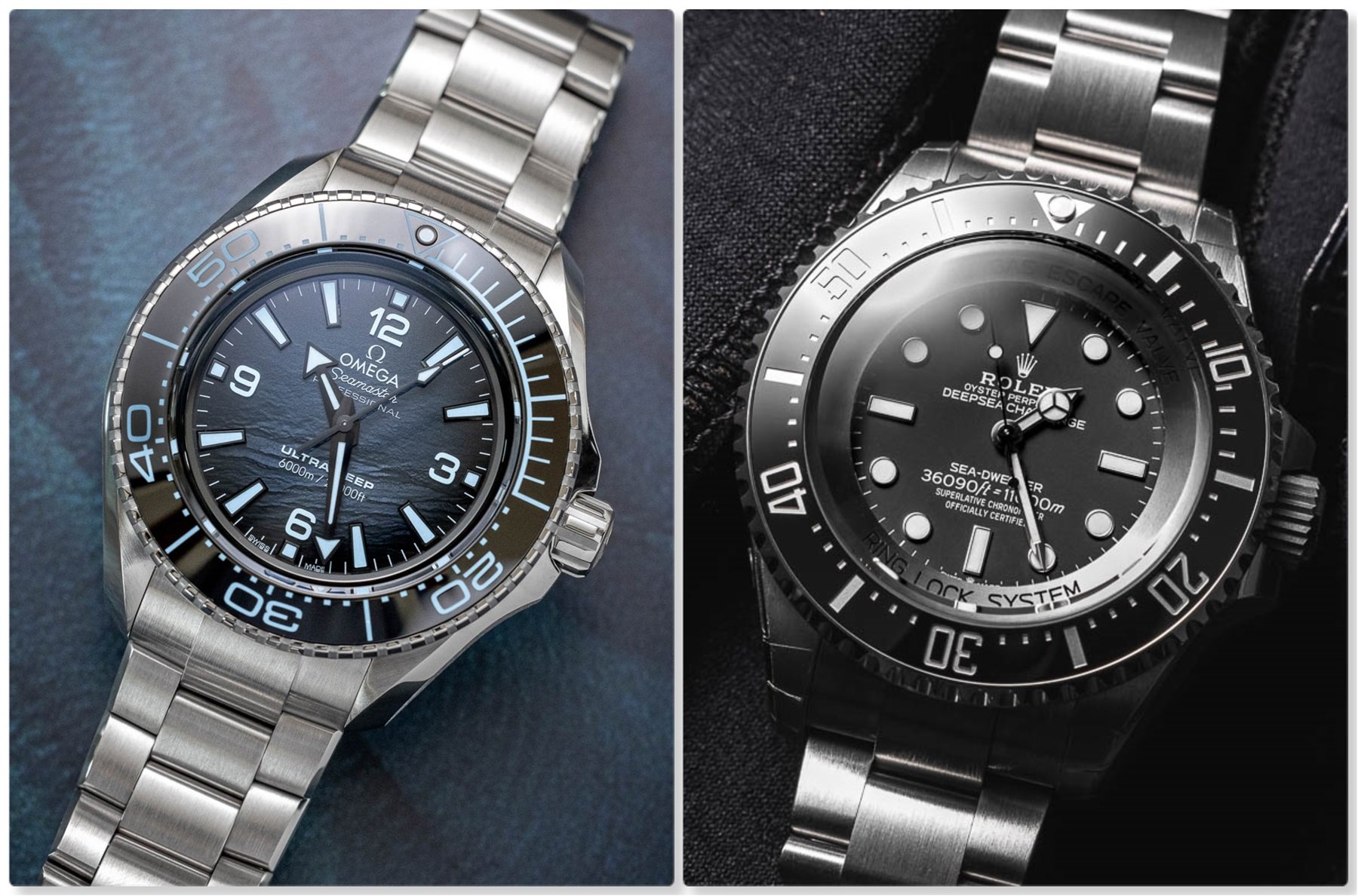No Alternatives: Why Buying A Watch In Place Of Another Is A Fallacy
Let me put it this way: if you want a crown on the dial, looking at a shield instead doesn’t cut it. Luckily, the “Age of Alternatives” seems to have ended. Yes, some references still play hard to get, but more and more watches that were in high demand over the last few post-COVID years are becoming available — first choices and alternatives alike.
When was the last time you made a terrible watch decision? And was that decision a bad one because the watch let you down from a technical point of view or because it just didn’t do the job? The immaterial job of not scratching an incessant itch, that is. Chances are, the timepiece was an alternative to something you couldn’t get your hands on, and you had to pick it from a large lineup. The agony of choice was real, and the stress it caused made you choose the “wrong” watch because the “right” one was not a feasible option.
Buying a watch as an alternative to another is a bad idea
Dealing with the fallout of your lack of judgment isn’t easy, but maybe there’s comfort in knowing you’re not alone and that it’s as old as humanity. Did you know that ancient philosophers thought people made bad decisions because they were too focused on emotion and not dedicated enough to apply logic? Well, the likes of Plato and Socrates never had to deal with the allure of luxury watches. Anyway, a good choice, in the eyes of the classic thinkers, is based on calculated rationality. But rationality doesn’t matter in the parallel universe of luxury watchmaking. If everything were about specs and prices, that universe would have collapsed and turned into a black hole by now.
Still, even in a world ruled by emotions, you can make a calculated decision with a bit of rationality. You just need to be brutally honest with yourself. Let me put it this way: you want that Rolex “Sub” for what it stands for. And what it stands for is different for everybody. Some want it because it looked so good on Sean Connery’s wrist when he played James Bond, while others are after the instant recognition. In an emotional watch world, that’s a rational approach.
What do you do if you know why you want to watch X but can’t have/get/afford it? Acceptance should come next, however difficult and confronting it is. You could try to predict what will happen when you start looking at Y and Z as alternatives and end up buying one of them. I can tell you what will happen: buying an alternative will not satisfy you. The real thing cannot be replaced when you want something for intangible reasons.
Maximizers and satisficers
Good news for watch fans: effective decision-making is impossible without emotional input. That’s what contemporary psychologists agree on. The American psychologist and thinker Barry Schwartz distinguishes two types of decision-makers — maximizers and satisficers. Schwartz describes maximizers as perfectionists who consider every alternative imaginable to ensure their purchase is the best on offer. Satisficers are wired differently. These people still apply criteria but fewer and more minimal ones. Satisficers will comfortably settle for a “good enough” option, fully aware it is not the best option.
When you look at maximizers and satisficers in the emotional watch world, things become more confusing. You would think that maximizers prefer reading the spec sheet over the review article above it. But it seems that maximizers in the watch world are not “spec snobs” but emotional buyers who believe the “best” is not about numbers and prices but prestige, status, passion, history, and so on instead. On the other hand, satisficers will balance facts and come to a balanced conclusion, which you could also call a compromise.
Psychologists don’t understand watch buyers
In the real world, satisficers lead far less stressful lives than maximizers and are consistently happier. Not in the world of watches, they’re not. In “our” world, it’s the other way around. Allow me to explain myself with an example. If a Royal Oak is on your wish list, buying a Laureato because it is not only available but also less costly and has roughly the same power reserve will not work for you. Looking at the dial of this alternative and not seeing an “AP” but a “GP” logo instead will make even a satisficer unhappy. No one spends thousands of dollars/euros on a mechanical watch because he or she needs a practical, wrist-worn time-telling device. Only maximizers will enjoy their watches to the max because they didn’t settle for an alternative.
Barry Schwartz says, “If you’re out to find ‘good enough,’ a lot of the pressure is off, and the task of choosing something in the sea of limitless choice becomes more manageable.” He’s right about shopping for a vacuum cleaner, but his wisdom doesn’t stick when you’re in the market for a high-end luxury watch.
No alternatives
In the case of buying a luxury watch, the logic behind the idea “the more information you have, the better your decision” doesn’t fly. That’s not because a dive into the rabbit hole will uncover so much additional information that it will lead to confusion. Rather, it’s because you won’t find real satisfaction when you buy the alternative with your head instead of your heart. That’s because there’s no alternative to love, and deep down, my fellow Fratelli, you know that’s the truth.

